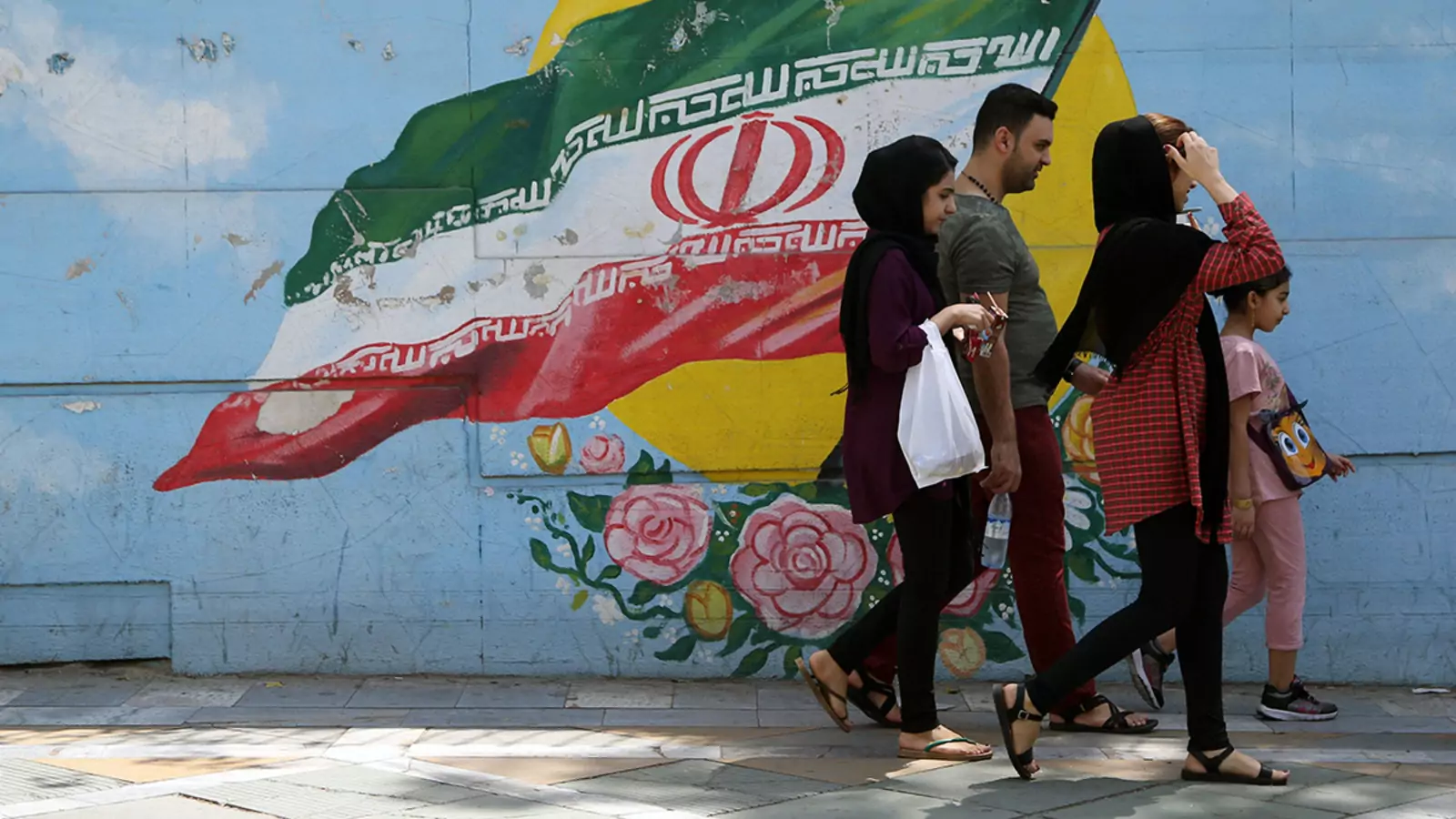
US Says Opposition Has No Legal Impact
Jason Ditz / AntiWar.com
(August 25, 2020) — The UN Security Council has rejected as US demand for snapback sanctions against Iran, with Indonesia’s Ambassador, the rotating council president, citing near universal opposition on the council to the US interpretation.
The method for snapback sanctions was built into the P5+1 nuclear deal, and the US argues that they are still technically party to the deal, at least for the sake of doing things to Iran. The US withdrew from the deal in 2018 and never met its own obligations, and the other nations don’t consider them a party anymore.
Last week, the parties expressed opposition almost universally, saying the US measures were unacceptable. US officials say the opposition has no legal impact on their snapback sanctions. The US has vowed to enforce the sanctions whether they pass or not.
People have been warning from the start that this effort could split the council. If nothing else it reflects the US isolation, as their anti-Iran measures are securing only 1-2 votes lately.

UN Security Council Rejects US Demand to Snap Back Iran Sanctions
(August 25, 2020) — The president of the UN Security Council has rejected the Trump administration’s demand to snap back sanctions on Iran that were lifted under the 2015 nuclear deal.
The UN ambassador from Indonesia, which holds the council’s rotating presidency this month, announced the rejection Tuesday in response to questions from Russia and China on the issue
“It is clear to me that there is one member which has a particular position on the issues, while there are significant numbers of members who have contesting views,” Ambassador Dian Triansyah Djani said during a virtual Security Council meeting on the Middle East.
“In my view there is no consensus in the council,” he continued. “Thus, the president is not in the position to take further action.“
Last week, Secretary of State Mike Pompeo traveled to New York to formally notify the United Nations that the United States was initiating the process to reinstate all UN sanctions on Iran that were lifted under the Obama-era nuclear deal.
Pompeo’s move came after the Security Council soundly rejected a US resolution to extend a conventional arms embargo on Iran that is expiring in October. Restoring the pre-nuclear deal sanctions would extend the arms embargo.
But the Trump administration’s move relies on an argument that it is still a participant in the nuclear deal as defined by a Security Council resolution that backed the agreement, even though President Trump withdrew from the accord in 2018.
Because the United States has withdrawn from the nuclear deal, other members of the Security Council argued Pompeo’s move last week was illegal.
Despite Tuesday’s announcement, the US mission to the UN maintained that the United States “is on firm legal ground to initiate the restoration of sanctions.”
“The fact that some council members expressed disagreement with our legal position in an informal VTC (virtual meeting) does not have any legal effect,” the mission said in a statement, according to The Associated Press.
US Ambassador to the UN Kelly Craft also accused the Security Council of lacking “courage and moral clarity.”
“Let me just make it really, really clear: The Trump administration has no fear in standing in limited company on this matter, in light of the unmistakable truth guiding our actions,” she said in a speech during the meeting. “I only regret that other members of this council have lost their way and now find themselves standing in the company of terrorists.”
The Security Council could revisit the issue next month when Niger takes over the presidency. But Niger has also expressed its view that the US move is illegal.

Iran Says Meeting With Visiting IAEA Chief ‘Constructive’
(August 25, 2020) — Iran’s official visit from IAEA chief Rafael Grossi has come and gone. Iranian officials say it was a “constructive” meeting, and both sides agreed to keep meeting their legal commitments.The meeting came amid US pushes against Iran at the UN, though both sides say the visit was coincidental to that. The IAEA had been suggested to be pushing more visits to alleged sites as well, though no agreements appear to have happened on that at all.
That’s not surprising. The IAEA keeps pushing the access requests at the behest of the US, based on Israel’s allegations. Iran has refused further visits since the IAEA didn’t find anything the last time, and while that’s bound to keep coming up neither Iran nor Grossi seems to want to let it harm the relationship.
The IAEA inspections of Iran are more strict than any place else in the world, and Iran is keen to show cooperation because of the P5+1 nuclear deal. The US keeps claiming violations, though since they are no longer part of the deal their options seem limited.
Posted in accordance with Title 17, Section 107, US Code, for noncommercial, educational purposes